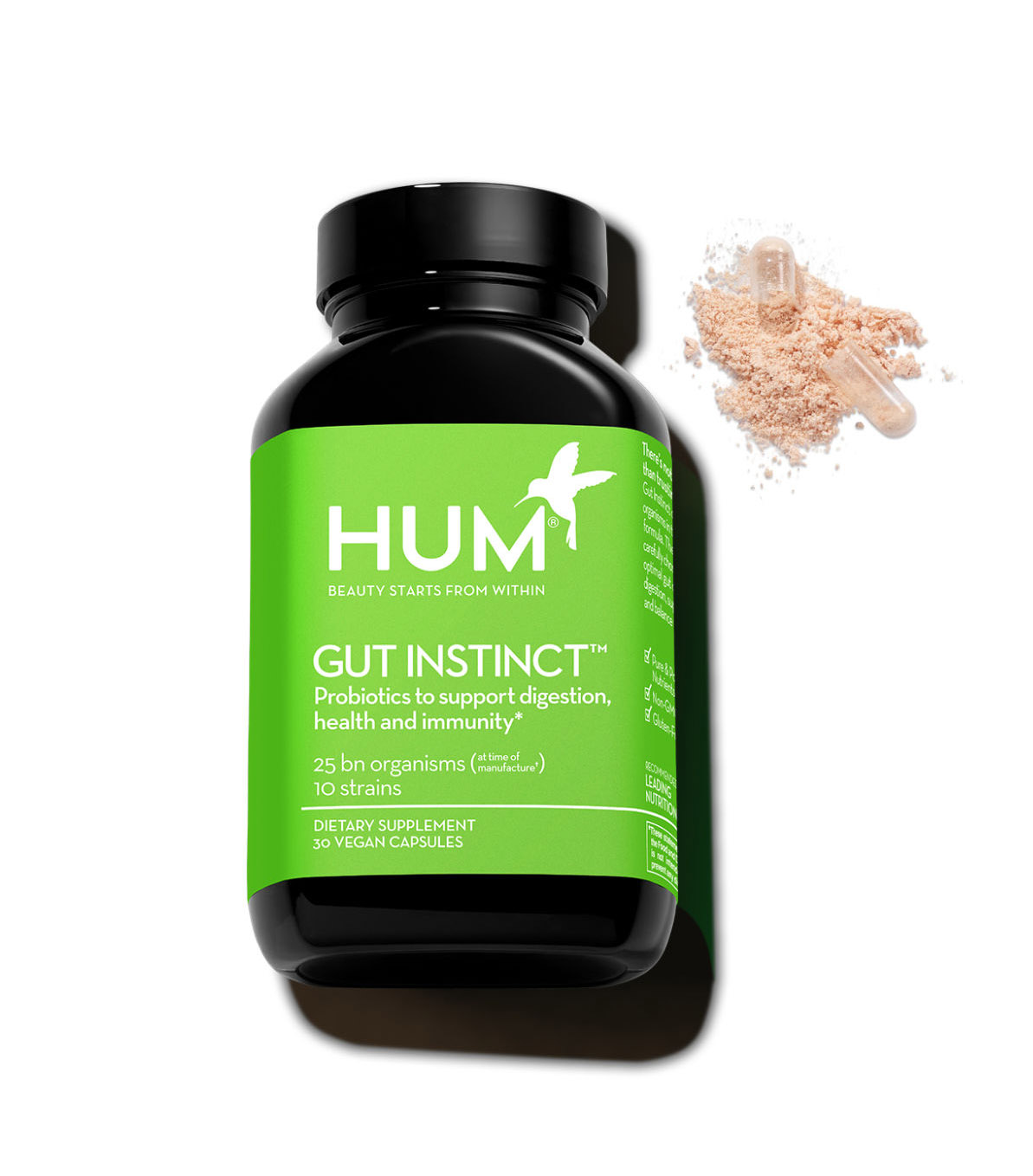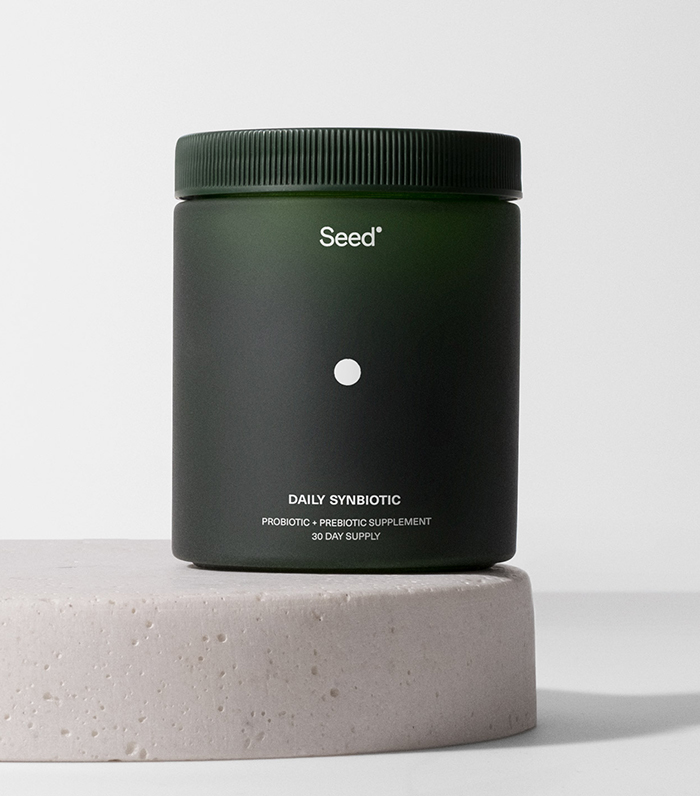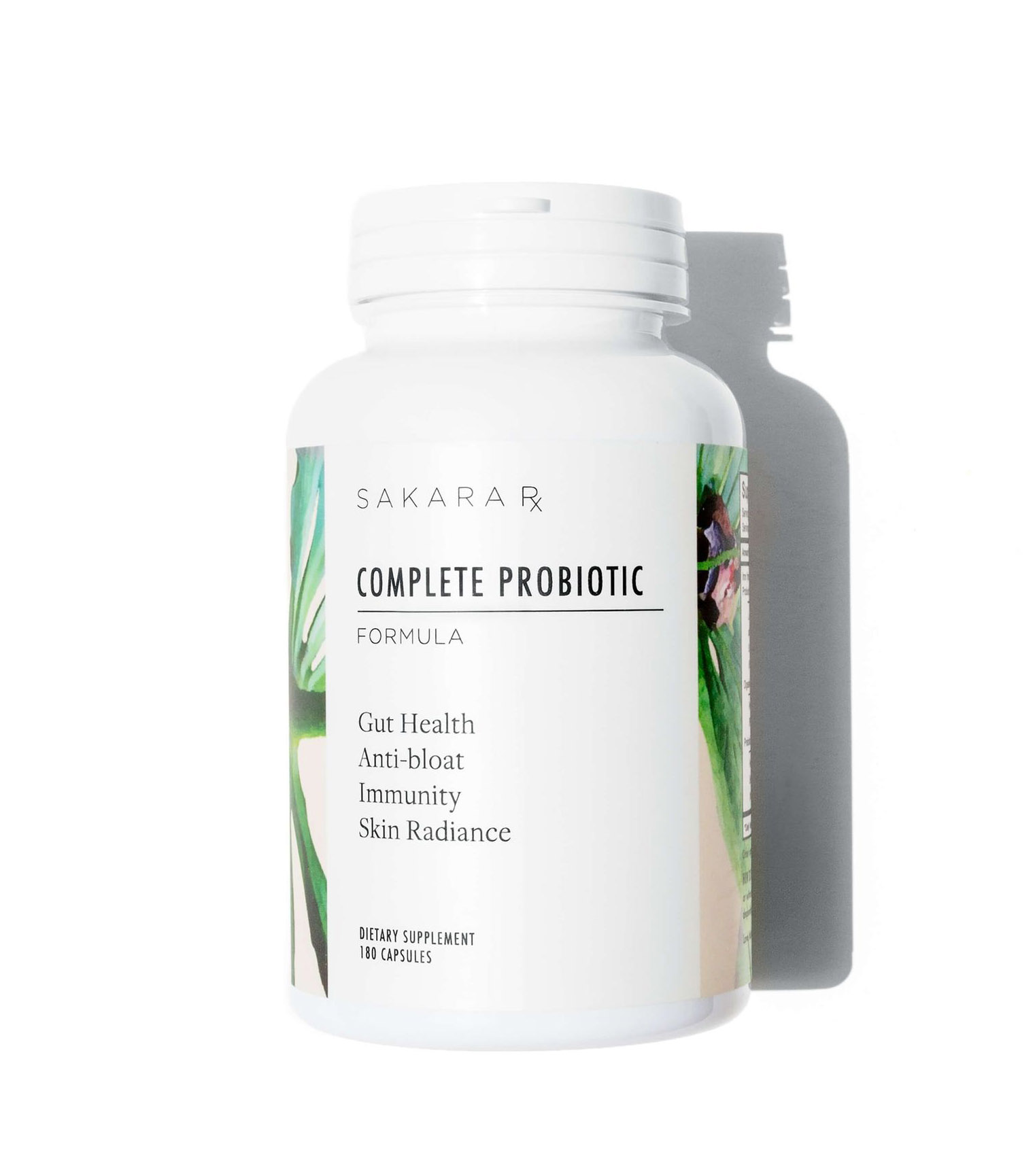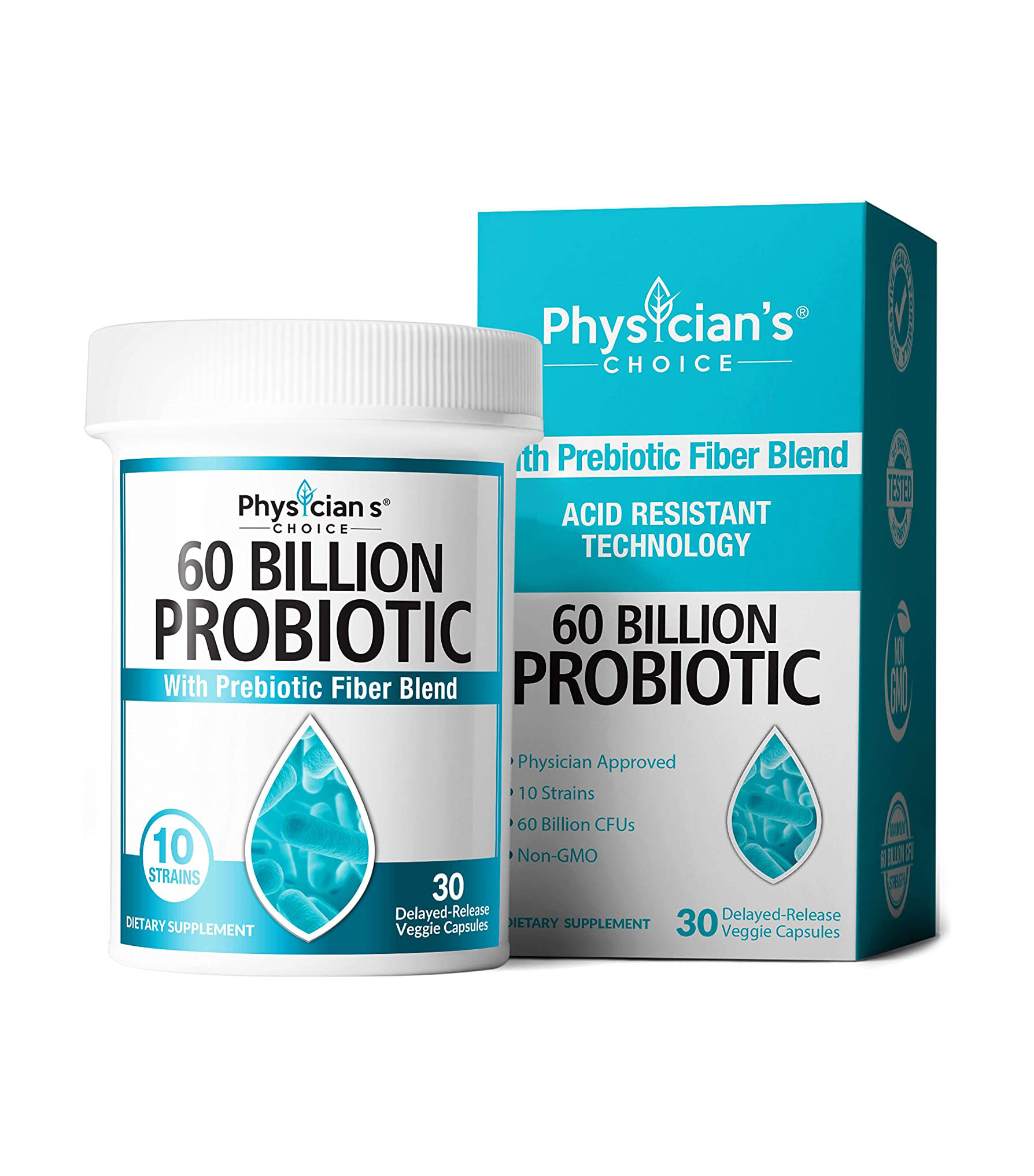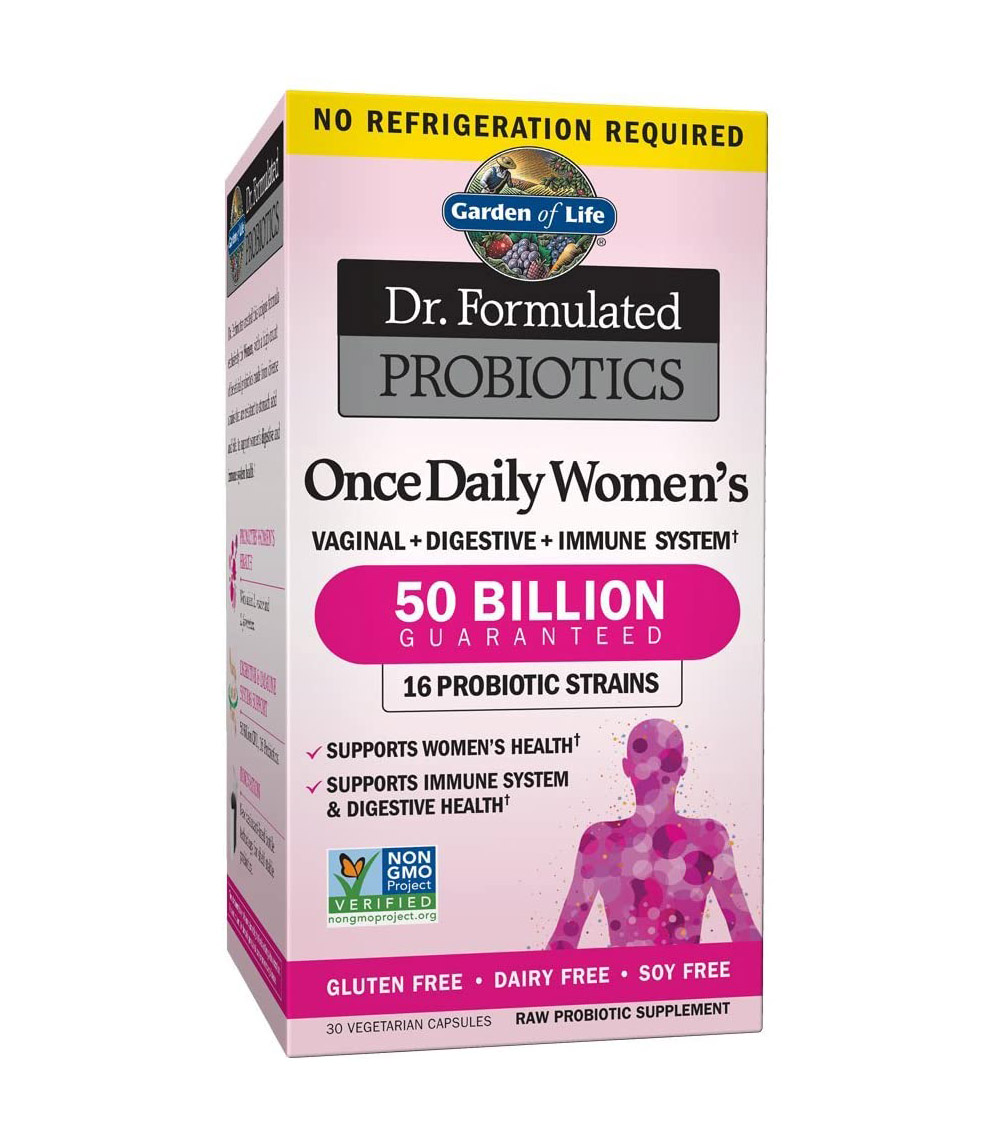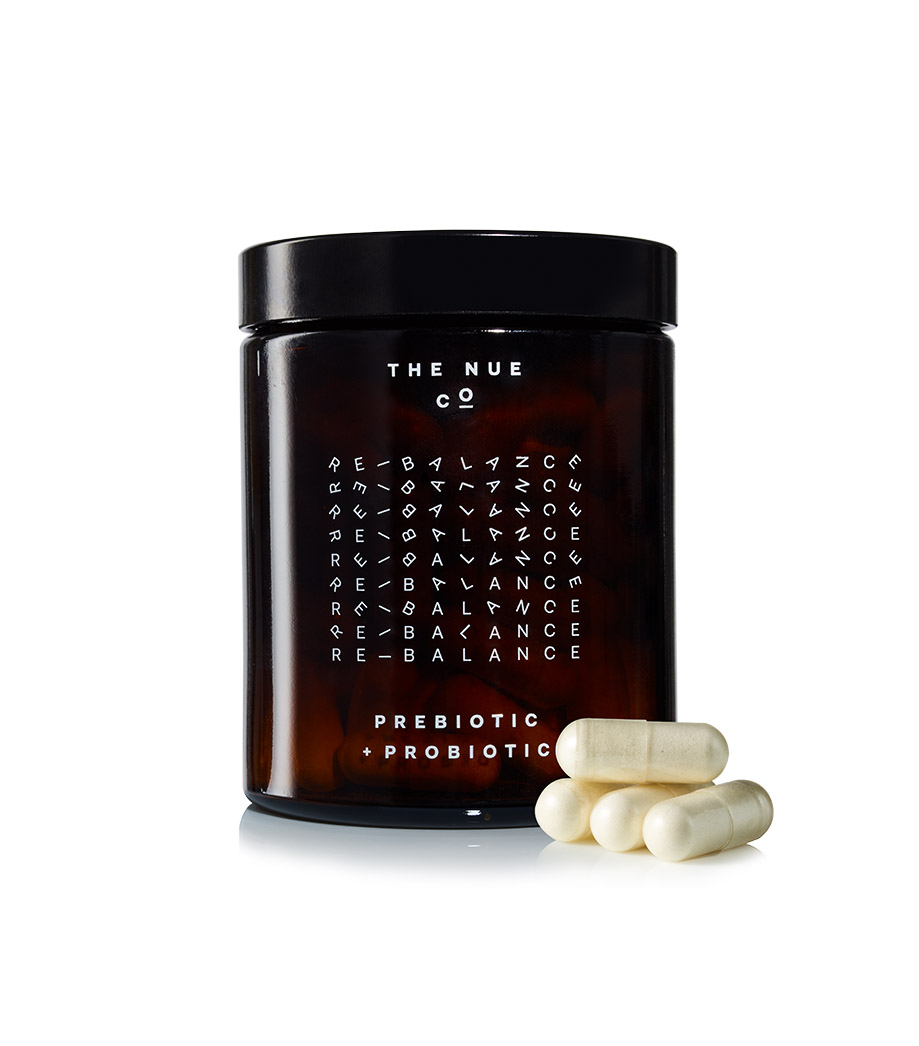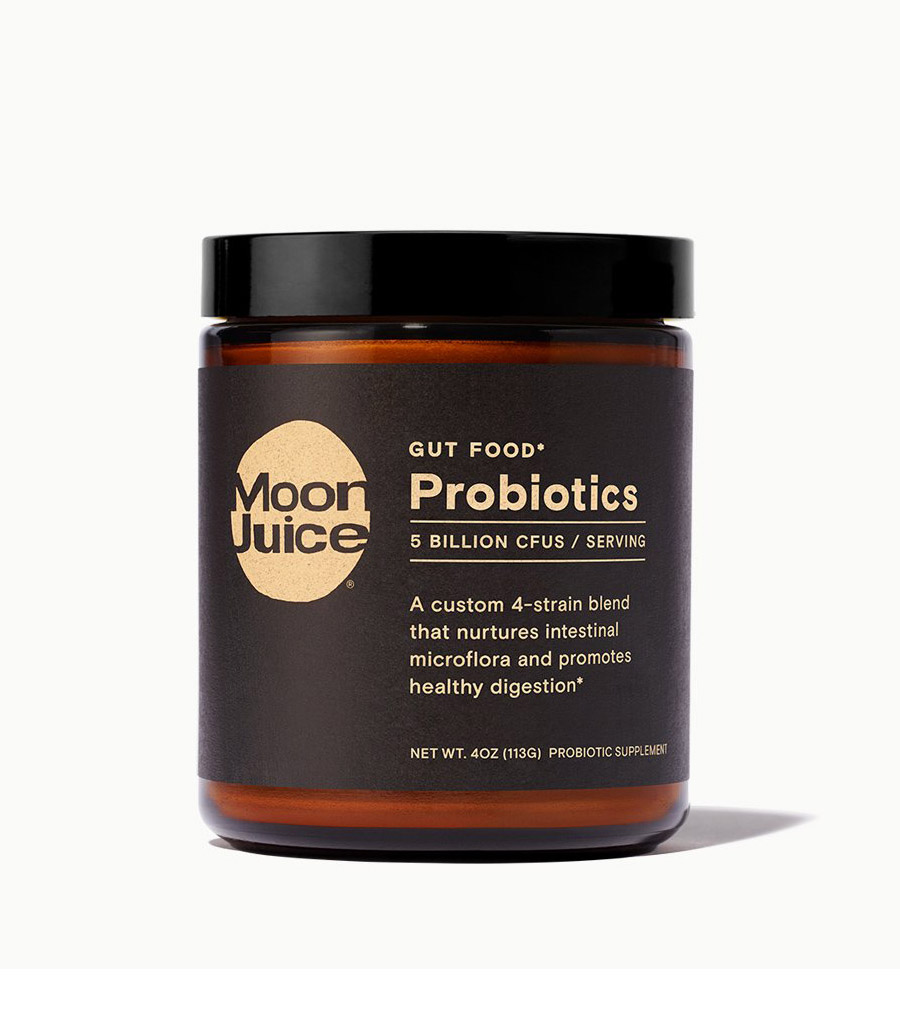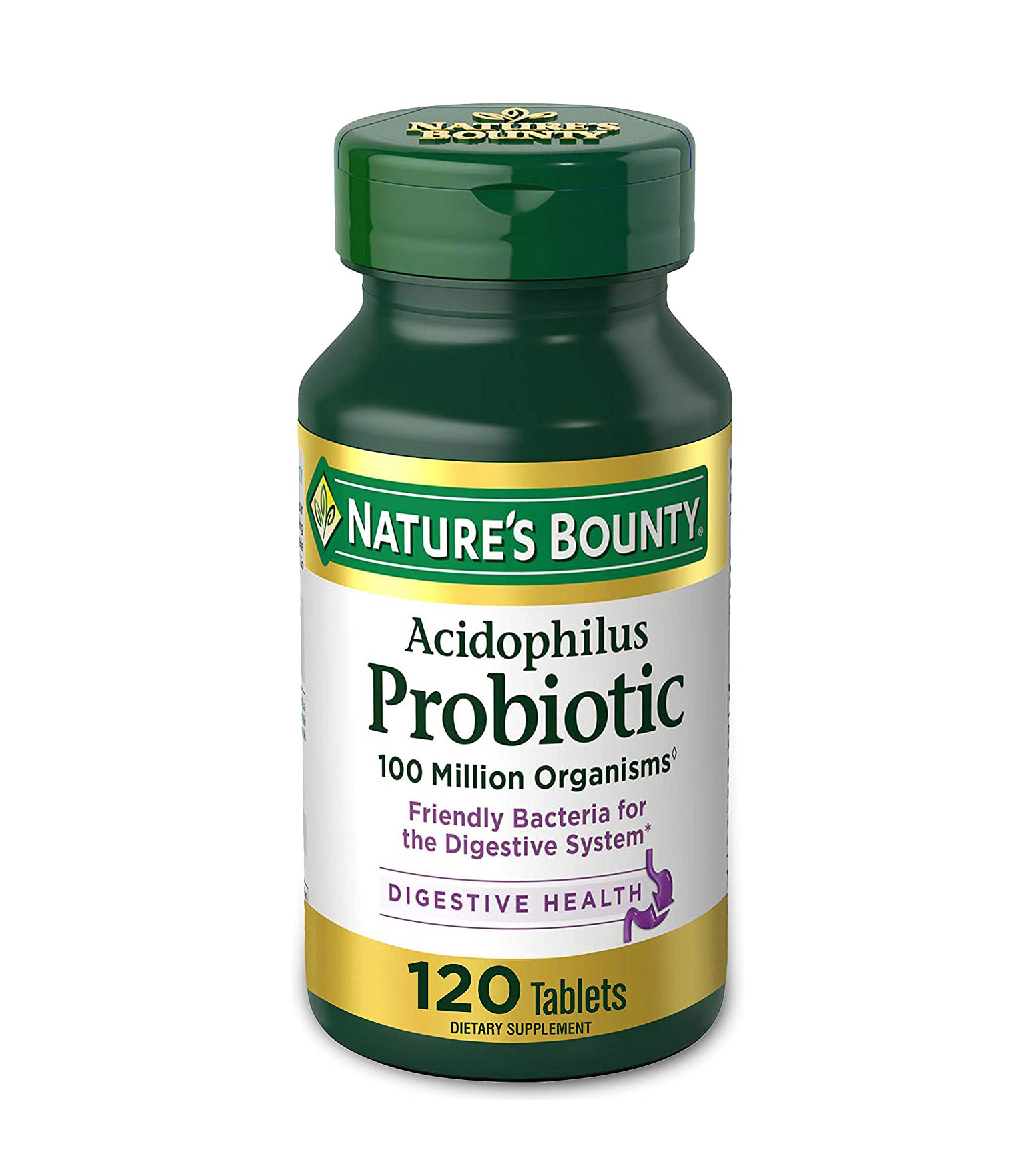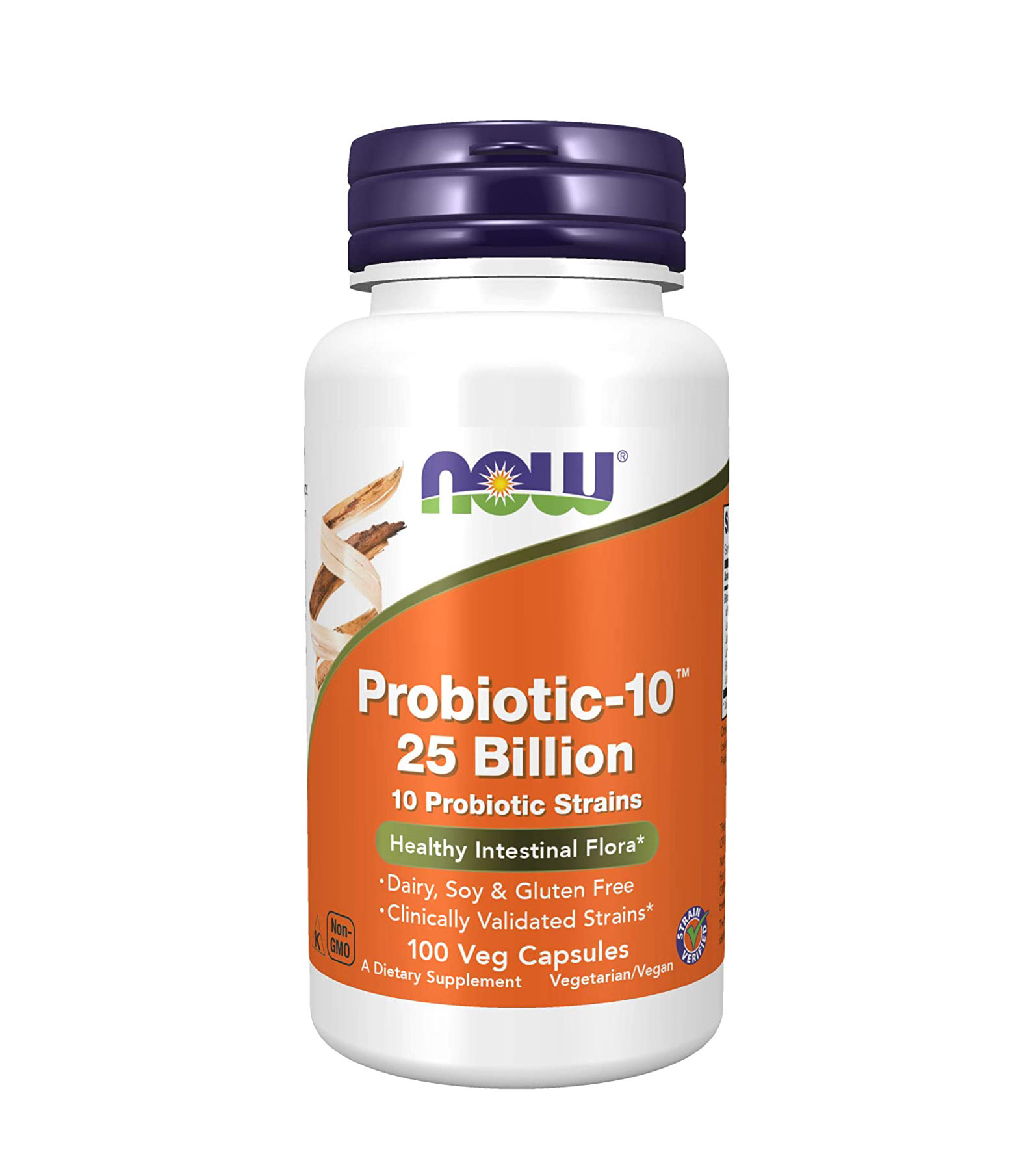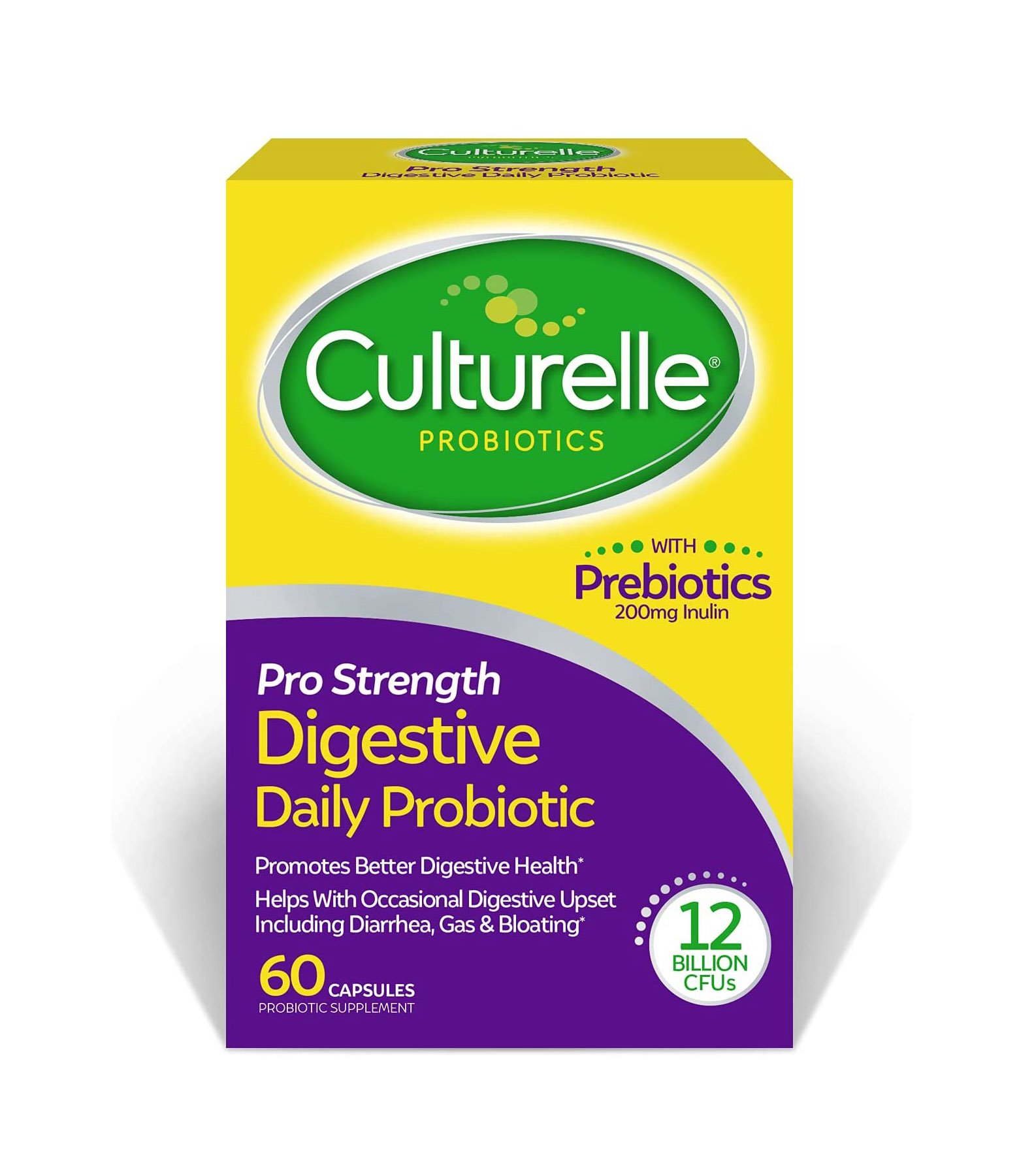There's a Huge Link Between Your Gut Health and Your Mood


I have bad anxiety. It's always there, pulsating underneath the surface of my skin, waiting to spill over and even become debilitating if I don't have it under control. Managing it is an everyday, every-minute, every-moment process, and it's always going to be there. Since being diagnosed with generalized anxiety disorder a few years ago, I'm always looking for new, better ways to manage my anxiety.
It's interesting to look at how the attitude around mental health—and more specifically, the resources we have for improving our mental health—has changed. One promising area of study has looked at the system in our bodies called the gut-brain axis and found that our guts play a huge role in our mental health. Let's take a look at some of the research.
Your Gut Bacteria

Fun fact: Between 1% and 3% of your body weight is from bacteria in your gut. Given the growing interest in probiotics in recent years, you probably know that this bacteria can be very generally classified as "good" or "bad." The idea behind probiotics is that they populate your gut with more of this good bacteria, which helps keep that environment in balance, leading to a smoother digestive system and healthier overall well-being.
So how exactly do these good bacteria influence your mood? They can release neurotransmitters like serotonin and gamma-aminobutyric acid (GABA), which are important for mood regulation. Middle school biology taught us about our central nervous system, right? Well, it turns out that your gut actually has what amounts to its own nervous system, called the enteric nervous system, and these two nervous systems communicate with each other. Researchers are still looking at how these two systems work together in terms of mental health, but for now, there's evidence that our gut microbiome helps regulate our brain activity.
The Studies

One study done on mice found that when anxious mice were given gut bacteria from mice who were not anxious, they experienced less anxiety and changes in their brain chemistry. In another study, 40 patients with major depressive disorder (MDD) were divided into two groups. One group was given probiotic capsules containing Lactobacillus acidophilus, Lactobacillus casei, and Bifidobacterium bifidum, while the other was given a placebo. At the end of the eight weeks, the group who had been taking the probiotics experienced a decrease in depression compared to the placebo group.
Yet another study found a link between the bacteria in your gut and your brain chemistry. It suggested that these gut bacteria impact areas of the brain that are associated with mental health issues like anxiety and depression. Researchers also theorize that some mental health issues could be related to inflammation in the gut, which can result from an overgrowth of bad bacteria.
So could a healthier gut be the key to managing your anxiety and depression? It's probably not so simple, but the evidence is definitely compelling. Anecdotally, I have found incorporating probiotics into my routine as part of my mental health regimen to be beneficial. That said, I am just one person, and we all contain very diverse microbiomes. The general consensus is that more research is still needed to fully understand the gut-brain axis and if taking steps to improve your gut can help with your mood.
Shop These Probiotics
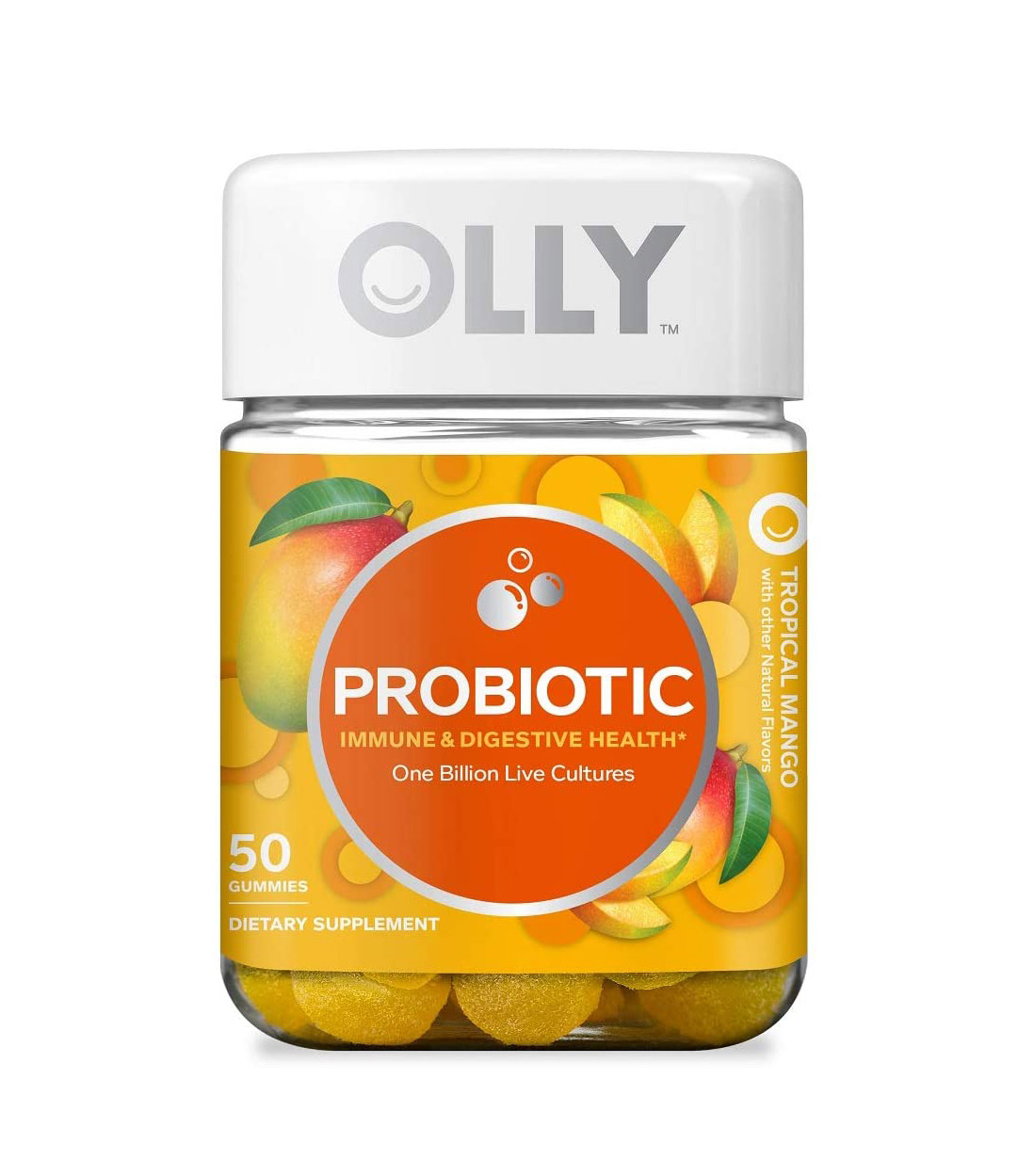
Next up: 10 Foods to Eat for Gut Health and What to Avoid
This article was originally published at an earlier date and has since been updated.
This article is provided for informational purposes only and is not intended to be used in the place of advice of your physician or other medical professionals. You should always consult with your doctor or healthcare provider first with any health-related questions.
